Facing potentially massive new tariffs on imported autos and auto parts, some manufacturers have begun planning ways to shift production to the U.S. That includes Volkswagen whose CEO said “massive” new investments could be coming – though a new court ruling could short-circuit such plans. More from Headlight.News.
Volkswagen is in the midst of what its CEO called “far” and “constructive” talks with the Trump administration, according to a German news report, the discussions potentially leading to a “massive” U.S. investment by the German automotive giant.
Like its competitors, VW is struggling to find ways to minimize the impact of the new tariffs on imported autos and auto parts put in place by Pres. Donald Trump. The automaker is particularly vulnerable since it operates only one assembly plant in the U.S. – and that facility is heavily reliant on parts and components shipped in from abroad.
“So far, we have had absolutely fair, constructive discussions,” Volkswagen Group CEO Oliver Blume told German newspaper Sueddeutsche Zeitung. “I was in Washington myself and we have been in regular dialogue ever since.”
Tariffs could cripple VW and other European brands
Not a single automaker operating in the U.S. is expected to escape the new tariffs entirely due to the common use of imported parts.
But some manufacturers are particularly vulnerable, especially those from Europe. High-line brands, like the Volkswagen Group’s Audi, could see prices for their most expensive models rise by tens of thousands of dollars, according to Cox Automotive and other analysts. Even mainstream brands like VW are expected to see the cost of a typical SUV rise $2,000 or more.
Meanwhile, the impact could be particularly severe on entry-level products, such as the Volkswagen Taos crossover. “A 1% increase (in price) could take away 10% of the market” for such affordable vehicles, said Jonathan Smoke, chief economist at Cox Automotive, during a meeting of the Automotive Press Association.
VW ”wants to invest further in the USA”
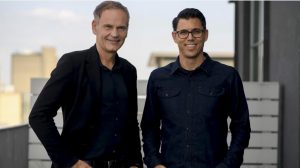
VW CEO Oliver Blume, left, is shown with Rivian chief RJ Scaringe. The German automaker plans to invest billions into the U.S. EV start-up.
Ironically, Volkswagen was the first major foreign automaker to open a plant in the U.S. But it’s original facility in Westmoreland, Pennsylvania was a seriously troubled operation and close four decades ago and the automaker didn’t return until 2011 when it opened a new facility in Chattanooga, Tennessee. The plant has expanded since then and today produces a number of products, including the all-electric ID.4 crossover.
In his interview with the German newspaper, Blume said, “The Volkswagen Group wants to invest further in the USA. We have a growth strategy.”
The carmaker has already begun setting up a second U.S. factory. Based in South Carolina, the $2 billion facility currently is dedicated to the new Scout brand. But Blume said, “We would build on this with further, massive investments,” and potentially use the facility to supply other Group brands, such as VW and Audi.
More Tariff News
- Trump Tariffs Could Destroy U.S. Entry-Level Car Market
- Tariffs Expected to Cost GM $5 Billion This Year
- UK Reaches Trade Deal with White House – But it Won’t Bring More Jobs for U.S.
Negotiating a solution
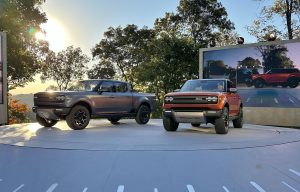
VW is setting up a second U.S. plant for the new Scout brand – but could expand it to handle production for other brands.
While the Trump administration has been seeking agreements with trade partners such as Japan and the EU, companies such as BMW and Volkswagen appear to be betting they might be able to strike their own deals that could carve them out of trade sanctions.
“So far, we have had absolutely fair, constructive discussions,” Blume said in his interview published. “I was in Washington myself and we have been in regular dialogue ever since.”
But such talks could be rendered moot. The Court of International Trade on Wednesday ruled that the president didn’t have authority to impose his sweeping tariffs under the International Emergency Economic Powers Act. Even as that ruling was put on hold by an appeals judge a second court ruled against Trump.
The Emergency Powers Act “does not authorize the President to impose the tariffs set forth,” said D.C. District Court Judge Rudolph Contreras in ordering a preliminary injunction Friday.
While the appeals process has just begun, Reuters reported that European Union trade officials believe they may have gained a leg up over U.S. negotiators.
“The uncertainty as to the legality of the ‘reciprocal’ tariffs certainly gives us extra leverage,” one EU official close to the talks told Reuters on May 30. “The talks will continue, as formally we still look for zero-for-zero tariffs.”

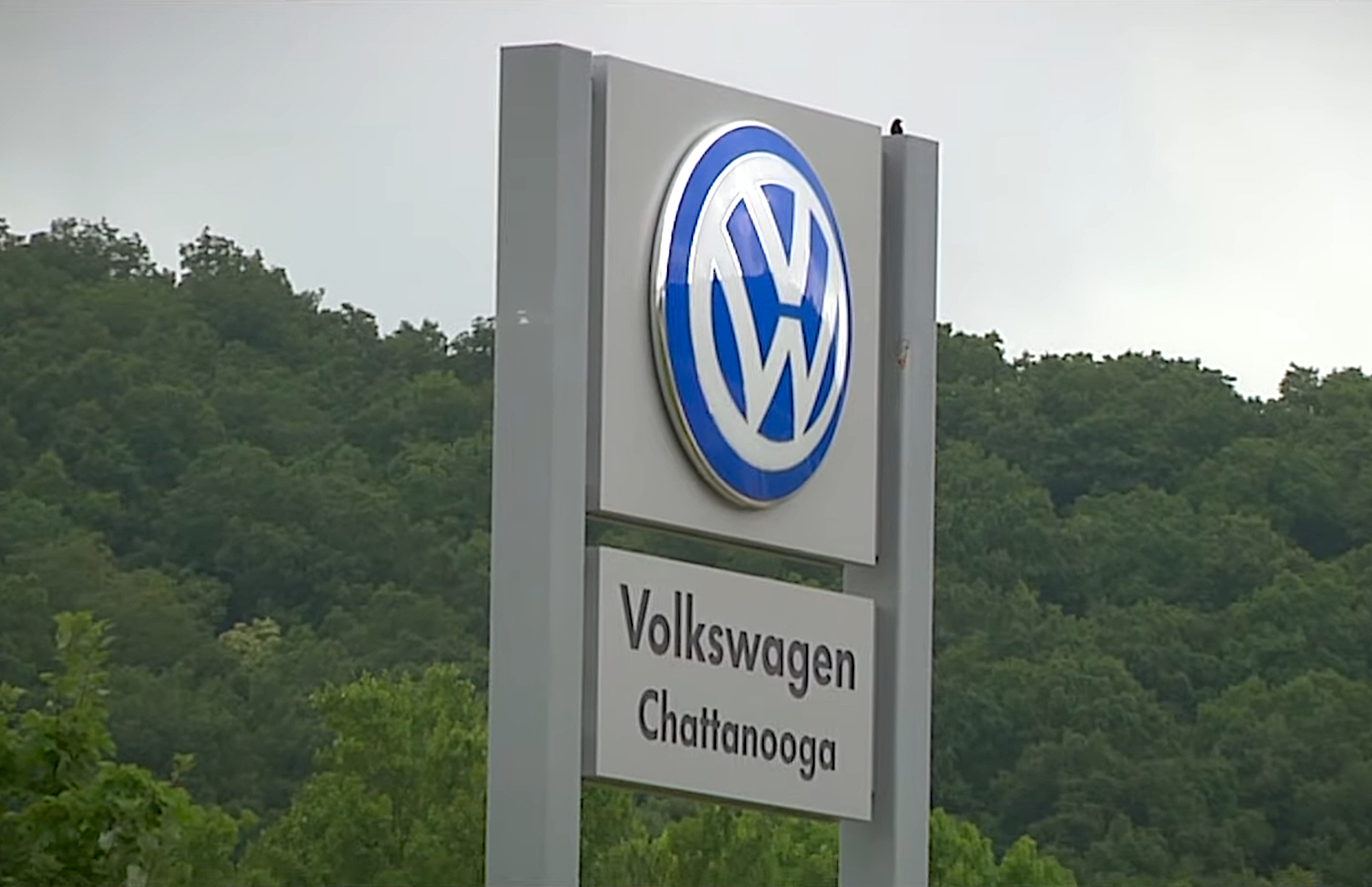

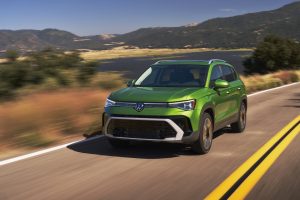
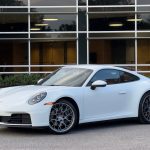

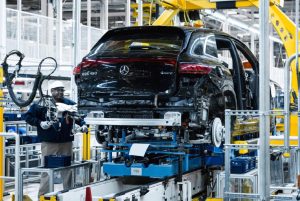

0 Comments